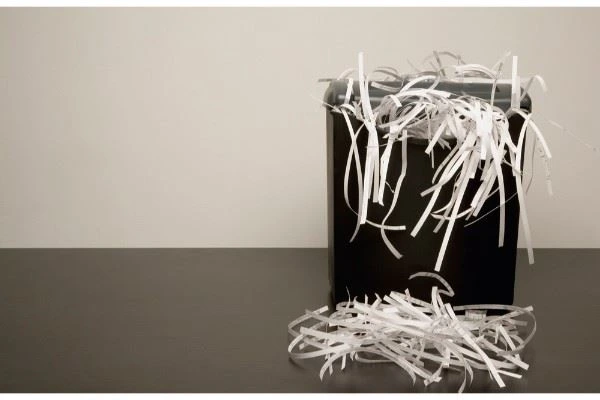What is Spoilation of Evidence?

People don’t always play by the rules. Especially when to do so will cost them a lot of money.
Take personal injury cases, for example. In some personal injury cases, the victim’s injuries can be catastrophic and the defendant’s negligence (carelessness; breach of duty) can be clear. This means, if there is clear evidence showing that the defendant was negligent, it is going to cost him/her a lot of money if a judge or jury finds him liable.
So what happens?
Well, sometimes, a defendant facing a pending lawsuit will either destroy or not save the damming evidence.
When evidence that is important to a pending or contemplated litigation (i.e., lawsuit) is destroyed or not saved, that is considered to be “spoliation of evidence.”
Spoilation of Evidence
Spoilation of evidence (i.e., the destruction or alteration of evidence that is important to pending litigation) is most assuredly, not a good thing. In fact, in Georgia, destroying or altering evidence that is material to pending litigation is sanctionable conduct on the part of a litigant.
However, not all evidence is created equal. To be subject to a charge of spoliation of evidence, the evidence that is altered, destroyed, or simply not saved must be “material” to the lawsuit.
So, for example, if a commercial truck is involved in an accident with a passenger car, and immediately after the accident, the truck driver destroys his logbooks, because that would be subject to a charge of spoliation of evidence. This is because a truck driver’s logbooks show the number of hours the driver worked and when he took rests (or did not take rests). As a result, the logbooks are material to the lawsuit, because they might show that the driver did not take any rests, thus his fatigue may have contributed to or caused the accident.
On the other hand, if a person slips and falls in the grocery store up near the cash register, recording over security tape showing the outside of the building would not be material to the pending lawsuit, thus would not constitute spoliation of evidence.
Another requirement for the destruction of evidence to equal “spoliation,” concerns the knowledge of the person destroying the evidence. The person in control of the evidence must be aware of the fact that a lawsuit is either pending or is likely to be filed. So, for example, if a person gets into a car accident, and she knows she will be filing a lawsuit against the other driver for her injuries, but she was texting and driving shortly before the crash, she cannot delete those texts.
In an Accident?
If you or someone you know was injured in an accident, call us ToDay. We are experienced personal injury attorneys. We offer FREE consultations. Our offices are in Baton Rouge, and we serve Baker, Denham, Gonzales, Port Allen, Prairieville, New Orleans, and Zachary. Call 225-200-0000 ToDay to schedule your free consultation or email us.
Contact Us
Day Law Group Office Location
Contact Us
Choose Day Law Group
Fields marked with an * are required
"*" indicates required fields



